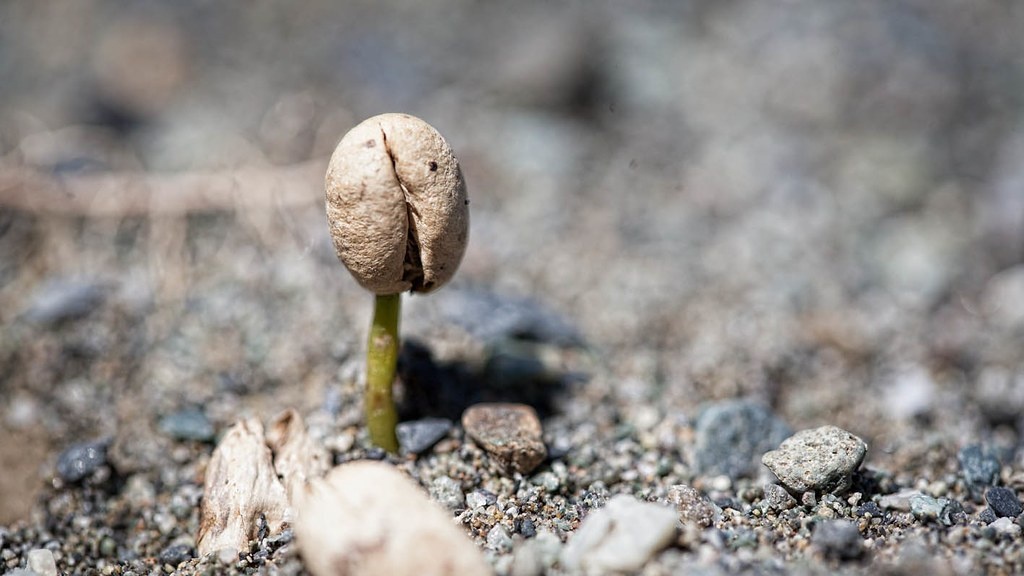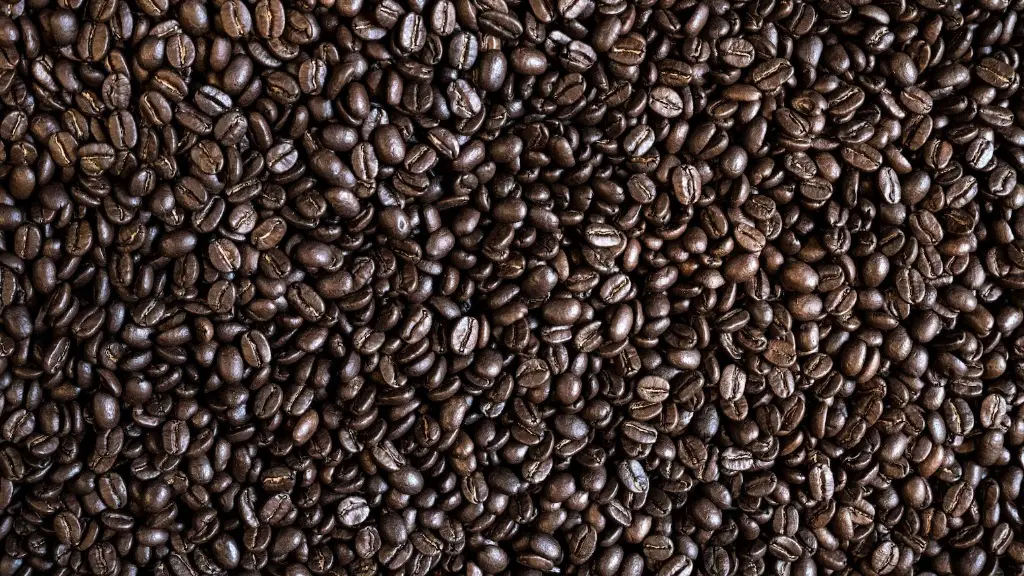Many people are confused about the benefits of decaf coffee. Does drinking decaf provide any health benefits? Is it better for you than drinking regular coffee? In this article, we’ll examine the potential advantages of drinking decaf coffee and provide advice from experts on how to make the most of it.
The main reason people choose to drink decaf is to avoid the side effects of caffeine. Some effects of caffeine include increased heart rate, anxiety, restlessness, and insomnia. Decaf coffee has almost all of the same health benefits as regular coffee, while avoiding the side effects of caffeine.
Studies have shown that drinking decaf can reduce the risk of type 2 diabetes and improve blood sugar control. Decaf coffee is also known to be a good source of dietary antioxidants, which can help to protect against certain types of cancer and other diseases.
Moreover, decaf coffee has been linked to improved heart health. Studies show that those who drink decaf coffee have lower levels of bad cholesterol and a reduced risk of stroke.
Decaf coffee is also a great way to get the taste of coffee without the caffeine buzz. Many people find that decaf coffee has a smoother, more mellow taste than regular coffee. This makes it a great option for those who are sensitive to the effects of caffeine or who want to enjoy the taste of coffee without the jitters.
Experts suggest that the best way to get the full benefits of decaf coffee is to choose organic and shade grown coffee. Organic coffee is free from pesticides and other chemicals, while shade-grown coffee is harvested in a sustainable way that helps the environment.
When preparing decaf coffee, be sure to use freshly-ground beans to get the full flavor. Avoid over-roasted beans as these can affect the taste of the brew. Also, never brew decaf coffee with boiling water as this will scald the beans and ruin the flavor.
Others Ways to Reduce Caffeine Intake
For those looking to reduce their caffeine intake, there are other options besides just drinking decaf. For example, drinking tea is a great way to cut down on caffeine while still enjoying the flavor and benefits of a hot beverage. Tea can have less of a jittery effect than coffee and can provide antioxidants, theanine, and other health benefits.
It is also possible to reduce the amount of caffeine in coffee by using a cold brew method. This process involves steeping coffee grounds in cold water in the fridge overnight. This method can produce a milder and less acidic cup of coffee that contains around 25% less caffeine.
Finally, a great way to reduce caffeine without giving up coffee altogether is to reduce the number of cups of coffee you drink each day. Many people find that reducing the number of cups of coffee can still provide the health benefits without the jitters.
Alternatives to Coffee
If you’re looking for an alternative to coffee, there are several great options available. Herbal teas are a popular choice and can provide many of the same health benefits as coffee. Green tea is especially known for its anti-inflammatory, anti-cancer, and antioxidant benefits.
Other options include drinking hot chocolate or even chai tea. Although these beverages are high in calories, they do contain some beneficial nutrients and can be a great way to treat yourself.
If you’re looking for a low-calorie alternative to coffee, consider drinking sparkling water with a splash of juice or flavoring. This can provide a refreshing and energizing beverage that doesn’t contain any caffeine.
Final Thoughts on Decaf
Decaf coffee can be a great way to still enjoy the taste and benefits of coffee without the negative side effects of caffeine. While some people may find that decaf is less flavorful than regular coffee, the health benefits can still be enjoyed. Always be sure to choose organic and shade-grown decaf beans for maximum flavor and health benefits.
Additionally, people looking to reduce their caffeine intake can try a variety of alternatives such as herbal teas, cold-brew coffee, or sparkling water. No matter which option you choose, reducing your caffeine intake can help to improve your overall health and wellbeing.
How Decaf Coffee Compares Nutritionally
Decaf coffee does not contain any calories, fat, or cholesterol. However, it does contain some beneficial nutrients such as magnesium and potassium. Decaf coffee also has a lower amount of antioxidants than regular coffee, though it still contains a good amount.
Another benefit of decaf is that it typically contains less caffeine than regular coffee. While it depends on the type and roast of the beans, decaf is typically around 97% caffeine-free.
When comparing it to other beverages, decaf is much lower in calories and sugar than some popular options such as soda and fruit juice. This makes it a great alternative for those looking to enjoy a refreshing beverage without the added calories.
Potential Downsides of Decaf Coffee
One downside of decaf is that it tends to have a shorter shelf-life than regular coffee. Since the caffeine has already been removed, decaf bean can become stale more quickly and may not taste as good.
Another downside is that decaffeinated coffee may contain traces of the chemical solvent used to remove the caffeine. This can cause some people to experience stomach discomfort, nausea, or headaches. To avoid this, make sure to buy organic decaf coffee.
Finally, decaf coffee may not be as beneficial as regular coffee when it comes to disease prevention. Studies show that regular coffee is linked to lower rates of certain diseases such as type 2 diabetes and Alzheimer’s. However, decaf is still a good source of antioxidants and other beneficial nutrients.
Coffee vs. Tea
When it comes to choosing between coffee and tea, the main difference comes down to caffeine content. Coffee is higher in caffeine than most teas, so those looking to reduce their intake may want to go with tea.
However, there are also other things to consider such as flavor and health benefits. Both coffee and tea have their own unique flavor profile, so choosing one over the other is largely a matter of personal preference.
In terms of health benefits, both coffee and tea can have antioxidant, anti-inflammatory, and other beneficial effects. Both are also known to be helpful in preventing certain types of cancer. Ultimately, it’s up to the individual to decide which one is best for them.
Conclusion
Decaf coffee can be a great way to still enjoy the flavor of coffee without the jitters. It has many of the same health benefits as regular coffee, including potential protection against diabetes and stroke. Additionally, it can be a great option for those looking to reduce their caffeine intake or enjoy a refreshing low-calorie beverage.





